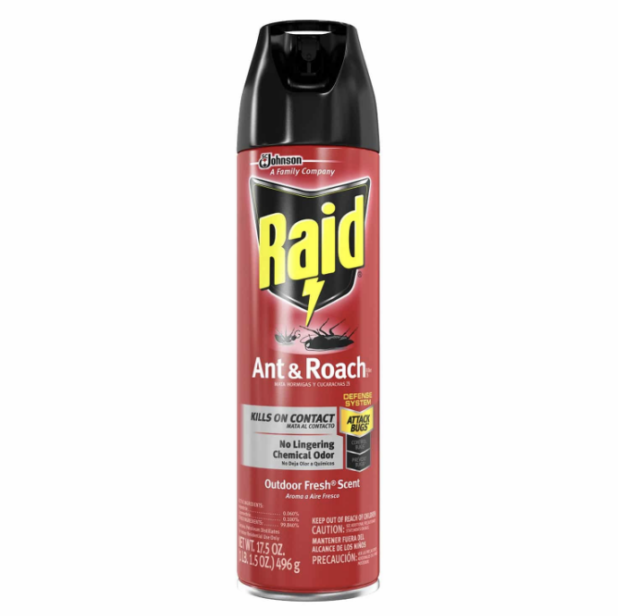Alex Jones exposes Aspartame in the food supply over a decade ago. pic.twitter.com/uCBNQehNej
— LibertySource (@LibertySource) June 29, 2023
The fact that people drink artificial sweeteners every day is one of the most shocking facts I’ve come across.
It’s like people who jog.
Actually, it’s probably the same exact people – drinking cancerous aspartame after a joint-destroying jog.
One of the world’s most common artificial sweeteners is set to be declared a possible carcinogen next month by a leading global health body, according to two sources with knowledge of the process, pitting it against the food industry and regulators.
Aspartame, used in products from Coca-Cola diet sodas to Mars’ Extra chewing gum and some Snapple drinks, will be listed in July as “possibly carcinogenic to humans” for the first time by the International Agency for Research on Cancer (IARC), the World Health Organization’s (WHO) cancer research arm, the sources said.
The IARC ruling, finalised earlier this month after a meeting of the group’s external experts, is intended to assess whether something is a potential hazard or not, based on all the published evidence.
It does not take into account how much of a product a person can safely consume. This advice for individuals comes from a separate WHO expert committee on food additives, known as JECFA (the Joint WHO and Food and Agriculture Organization’s Expert Committee on Food Additives), alongside determinations from national regulators.
…
JECFA, the WHO committee on additives, is also reviewing aspartame use this year. Its meeting began at the end of June and it is due to announce its findings on the same day that the IARC makes public its decision – on July 14.
Since 1981, JECFA has said aspartame is safe to consume within accepted daily limits. For example, an adult weighing 60 kg (132 pounds) would have to drink between 12 and 36 cans of diet soda – depending on the amount of aspartame in the beverage – every day to be at risk. Its view has been widely shared by national regulators, including in the United States and Europe.
An IARC spokesperson said both the IARC and JECFA committees’ findings were confidential until July, but added they were “complementary”, with IARC’s conclusion representing “the first fundamental step to understand carcinogenicity”. The additives committee “conducts risk assessment, which determines the probability of a specific type of harm (e.g. cancer) to occur under certain conditions and levels of exposure.”
This idea that “a little bit of poison won’t hurt you” was always moronic. We know it doesn’t kill you immediately, but it builds up in your body and causes a slow failure of all systems, eventually materializing as cancer.
This is so obvious.
If you added a small amount of roach killer to your soda pop every day for years, it would do the same thing.
Sometimes, in old stories and novels, this is actually a way to murder someone – put a small amount of poison in their drink/food over an extended period of time.
This is also why people in the Third World have shorter life expectancies – sometimes by 10-15 years – than Westerners, even though Westerners are much fatter and eat a generally worse diet: because they don’t have any regulations at all on these industrial chemicals that were brought in from the West. (People who have lived in the Third World will know exactly what I’m talking about.)
I don’t know how people are so stupid as to think cancer is somehow a natural thing, and everyone should be getting all these different kinds of cancer constantly.
It’s very obvious that this is not the case.
A lot of people see stuff like this and say “Alex Jones was right.”
It’s a fine enough meme, I guess.
But a lot of other people have said this stuff.
Jones just commercialized it and sanitized it to remove the Jew issue, then made tens of millions of dollars a year off repeating other people’s materials.


